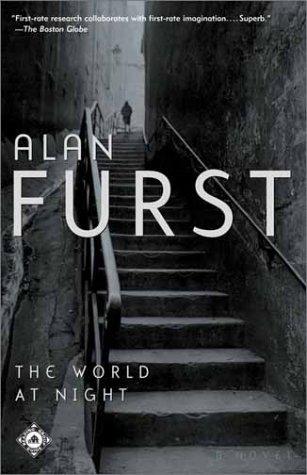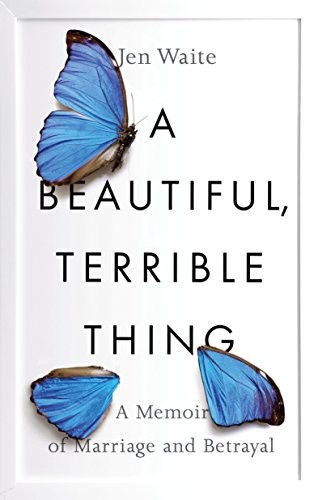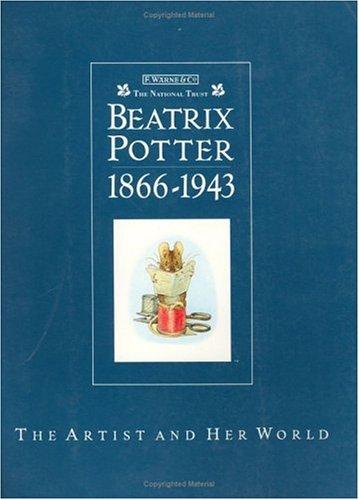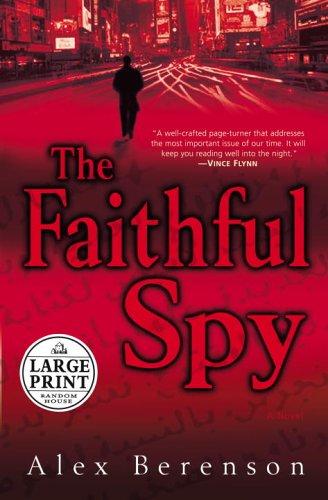
The World at Night
by Alan Furst
Reminiscent of the films noir of the 1940s, Alan Furst's World War II spy novels are classics of the form, widely praised as the most authentic and best-written espionage fiction today. In The World at Night Furst brings his extraordinary touch to a story of honor and lost love set against one of the twentieth century's great battlegrounds of intrigues - the German-occupied Paris of 1940.
On the surface, film producer Jean Casson is a typical Parisian male: dark eyed, more attractive than handsome, well dressed, well bred. With his wife he has an "arrangement" - shared circle of friends, separate apartments - while he meets actors' agents and screenwriters in the best cafes' and bistros, spends evenings at dinner parties and nights in the beds of his women friends.
Stunned at first by the German victory of 1940, Casson and others of his class are to learn, in the first months of occupation, that with enough money, compromise, and connections, one need not deny oneself the pleasures of Parisian life.
But somewhere inside Casson is a stubborn romantic streak. It's what rekindles his passion for Citrine, the beautiful streetwise actress who was perhaps his only real love. And when he's offered the chance to take part in an operation of the British secret intelligence service, it's what gives him the courage to say yes. A simple mission, but it goes wrong, and Casson suddenly realizes he must gamble everything - his career, the woman he loves, his life itself.



